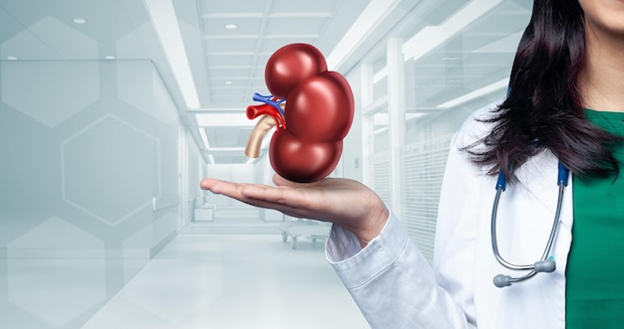The Top 10 Causes of Acute Kidney Disease and How to Prevent Them
Brief overview of kidney health and the importance of awareness. – Kidneys are essential organs that filter waste from the blood and help maintain body balance. When they fail suddenly, it can lead to serious health problems. Acute kidney disease affects many worldwide. Raising awareness about this condition and its causes is crucial. By knowing what to look out for, people can take steps to reduce risks and maintain healthy kidneys.

Understanding Acute Kidney Disease (AKI)
Who is at risk? Focus on high-risk groups. – People of all ages can suffer from AKI, but some are at higher risk. This includes the elderly, those with pre-existing kidney issues, or people with diseases like diabetes or high blood pressure. Even children can be vulnerable due to infections. It’s equally important for people who take certain medications or have a high intake of over-the-counter pain relievers to be cautious.
1. Severe Dehydration: A Silent Threat
Prevention through adequate fluid intake and awareness during illnesses. – Drinking the right amount of water daily can prevent dehydration. If you’re sick, especially with vomiting or diarrhea, staying hydrated becomes more important. Each sip can help your body fight dehydration and protect your kidneys.
2. Sepsis and Severe Infections: What You Need to Know
Proactive measures like vaccination and timely treatment. – Vaccinations can shield people from infections that lead to sepsis. If infections do occur, seeking timely medical care can help manage and reduce the risk of severe consequences.
3. Combating Low Blood Pressure Risks
Prevention through managing underlying conditions. – Keeping blood pressure in check supports kidney health. Regular check-ups with healthcare providers help monitor any conditions affecting blood pressure. This oversight ensures kidneys receive proper blood flow.
4. Heart Disease: Protect Your Heart, Shield Your Kidneys
Tips on maintaining cardiovascular wellness. – Eating heart-healthy foods, exercising, and avoiding smoking are ways to protect heart health. Managing stress and sleeping well also contribute to cardiovascular well-being, indirectly protecting the kidneys.
5. Medication Risks: Be Informed
Consultation with healthcare providers for safe medication use. – Before starting or continuing any medication, always consult with a healthcare professional. They guide on proper usage, ensuring medications do not adversely affect the kidneys.
6. Surgery and Trauma: Navigating the Risks
Importance of detailed medical history and monitoring. – Before any procedure, discussing previous surgeries or conditions with your doctor is vital. Monitoring kidney function after surgery ensures any drop in performance gets prompt attention.
7. Urinary Tract Obstructions: Early Signs and Solutions
Urinary tract obstructions make urine flow through the urinary tract tough. A blocked urinary tract strains kidney health and can cause acute kidney issues. Things like kidney stones, tumors, or an enlarged prostate may lead to these blockages. Pressure from blockages can harm the kidneys over time.
Spotting early warning signs might help stop serious damage to kidneys. Look out for changes like:
- Urine output going down, feeling less comfortable
- Swelling in hands or feet that happens often
- Pain happening in your lower belly or side area
- Blood pressure higher than usual when measured at home
Noticing these signs early is a big deal, so see a doctor quickly. Doctors often run tests like ultrasounds or CT scans to spot problems.
Treatments fix the issue based on what’s causing it. If kidney stones are in play, they might suggest certain medicines or treatments. Sometimes surgery is needed if the block isn’t simple to solve. Acting fast helps in reducing risks tied to acute kidney problems. Regular check-ups help, especially for those more likely to have kidney issues, such as people with past stone problems.
8. Autoimmune Diseases and Their Impact
Autoimmune diseases arise when the body’s defenses attack its own tissues. This mistaken immune response can hurt the kidneys, leading to acute kidney disease causes. With conditions like lupus nephritis and IgA nephropathy, the immune system wrongly targets kidney tissues.
Managing these autoimmune conditions needs careful medical guidance. Early diagnosis with specific treatments helps protect the kidneys long-term. Approaches usually include:
- Medications that can calm inflammation or control the immune system.
- Lifestyle changes, like a healthy diet supporting kidney health.
- Regular visits with doctors for ongoing check-ups and monitoring.
People with these diseases should team up with a kidney specialist to address their total well-being. Being informed and proactive can reduce risks from autoimmune-related acute kidney disease causes.
Conclusion and Call to Action
Understanding acute kidney disease causes like urinary tract issues helps in prevention. Always be on the lookout for early signs and seek medical help quickly. Stepping up with precautionary measures is key to maintaining kidney health.

Visit SIDS Hospital for your kidney check-ups and expert consultations. They offer tailored services to meet your specific needs and concerns. Staying proactive in your kidney health ensures long-term functionality and wellness.


 Book Appointment
Book Appointment.png) Video Consultation
Video Consultation
